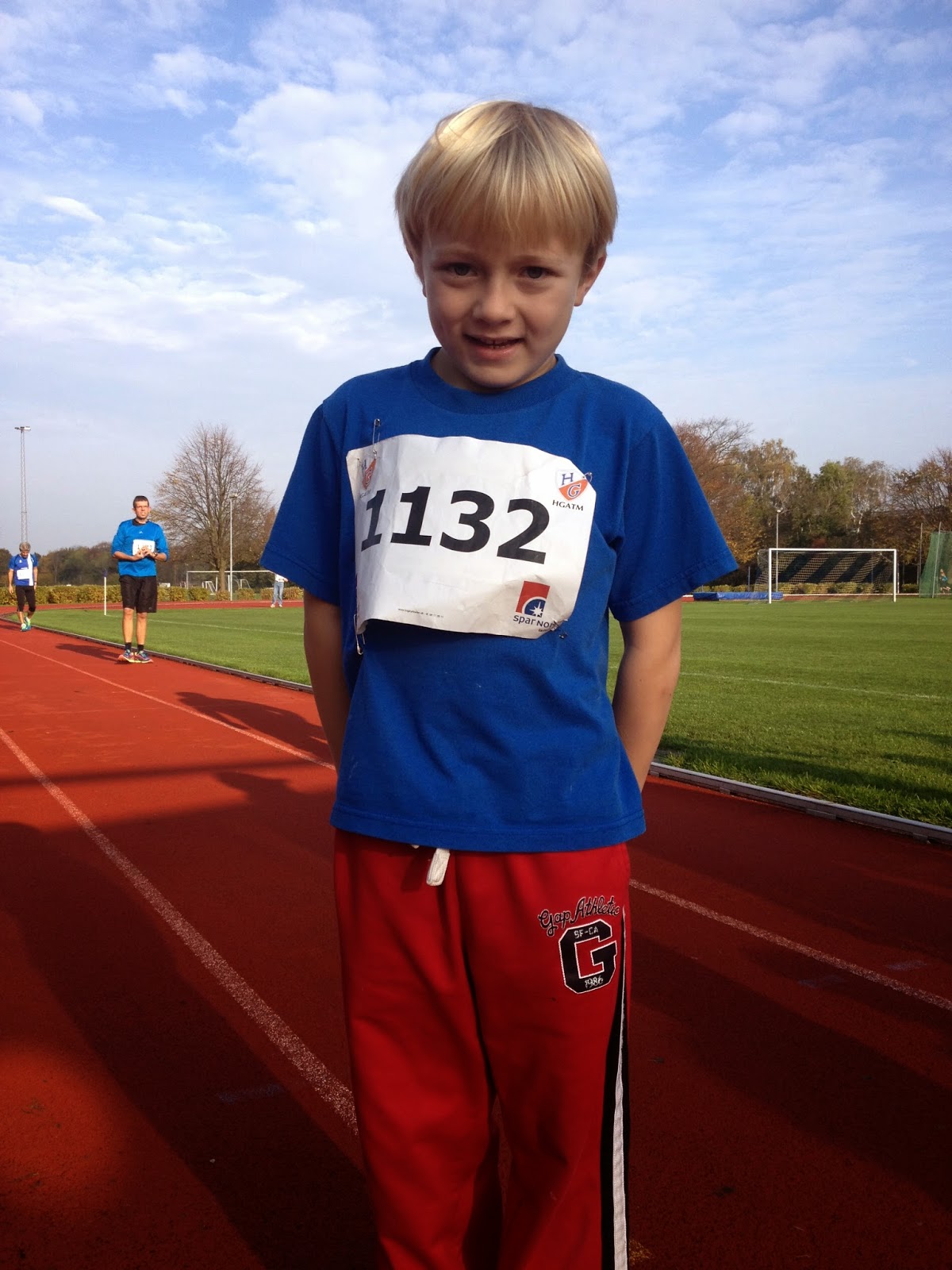Perhaps the most unexpected person to contact me after my last post about the Maffetone Method and LCHF diets was Phil Maffetone. When I saw his name in my inbox, I thought perhaps it was a hoax but, as I read his email, I realized it was not. After a number of lengthy email exchanges, I asked him if he had any of his data published in a peer-reviewed journal. I could not find his name on PubMed. He didnn't. It didn't take long before we agreed to work on an article together. I feel like this is perfect timing with my PhD finishing and the Ultra Eye Study being accepted for publication.
Two nights ago, we spent an hour and a half on Skype and divised a plan which I am very excited about (plus we laughed a lot and covered everything from Descartes to urine sodium... science and freindships are fun). I promise to let you all know about the article (the publishing process isn't always fast!) and if you don't feel like checking the blog, you can follow me on Twitter or Facebook.
The art of staying aerobic (and not going anaerobic)
It seems like there has never been such widespread misunderstanding about how to best achieve aerobic fitness (and I was one of the people who had sorely misunderstood). I didn't realize that going "all out" on my intervals and tempos was in fact working against me: it was too anaerobic and caused an accumulation of stress (more details in the publication!). I talked about my plantar fasciitis, but not as much the depression and fatigue I had over the summer.
In coach Ole's defence, he told me to run my intervals and tempos slower. I didn't understand why. I still believed in the "no pain, no gain" mentality.
Over the last year, one athlete after another was referred to me for overtraining (this is so prevalent in ultra-running, especially, it seems, among females). One explanation could certainly be that athletes spend too much time at a heart rate above their max aerobic threshold - and it builds up- and suddenly it is way too much. Diet is certainly involved as well: too much reliance on carbohydrates as a fuel seems to be detrimental (and favors anaerobic processes in the body, not to mention insulin resistance). Phil Maffetone says the reason the Kenyans have gone under 2 hours in the marathon is their high reliance on carbs. On the flip side low carb intake which is not accompanied by a very high fat intake will leave an athlete without enough energy.
An aside: Here is a fascinating self-experiment done by a keto-adapted physician athlete showing maintainance of blood sugar during exercise (I'm glad he did this experiment because I'm not about to down a bottle of oil before my swims!).
The data
They are coming (I think). It is actually amazing that after years of working with American and world record holders that Dr. Maffetone's data have not been published in a peer-reviewed journal, but I have a lot of respect for him for being willing to go through the process now-- and he seems motivated by the fact that anyone can use his principles to train with. I should mention, he has published multiple books, but I also think it will be great that (soon?) the medical and scientific world will also be exposed to this method and, perhaps, give it the credit at least I think it deserves.
A couple confusing points from my last post, which I would just like to clear up:
My diet: I am not trying to achieve less than 10% carbs, but am happy with 30-40% carbs (as percentage of calorie intake). My aim right now is to eliminate added sugar and all refined carbs.
Max pulse vs. aerobic max pluse: So max pulse is the fastest your heart can beat regularly (220-age approximately) and Max aerobic pulse is the highest pulse you can obtain before your exercise becomes anaerobic (180-age approximately). So my race last week was at "max pulse"
Quick question about VO2 max
So, my Garmin watch nearly daily tells me it detects a new VO2 max. I just imagine it is set for a 70kg male (that is usually the default). Does anyone know how I adjust for my age and weight? And does one adjust for sex? (yes, the correct term is "sex" and not "gender"!)... I was reading on a "private" forum yesterday the conversation of some stay at home wives, who happened to be making fun of my blog. One of the things they said, besides the fact that I was "pear shaped" (???), was that I had such a strange way of writing (and ergo could not be American)-- whatevs. Should I take it as an insult I don't write like an American ;o)??
My boy, the runner, pre and just finishing 3.6 km. There are no words in any language to describe how much I love him.
... he just told me tonight he is reconsidering his love for his current girlfriend because she laughs to much at his jokes.(it is fun to get a boy's perspective on girls!)
The same song, different versions (one for running, one for alpha waves)

